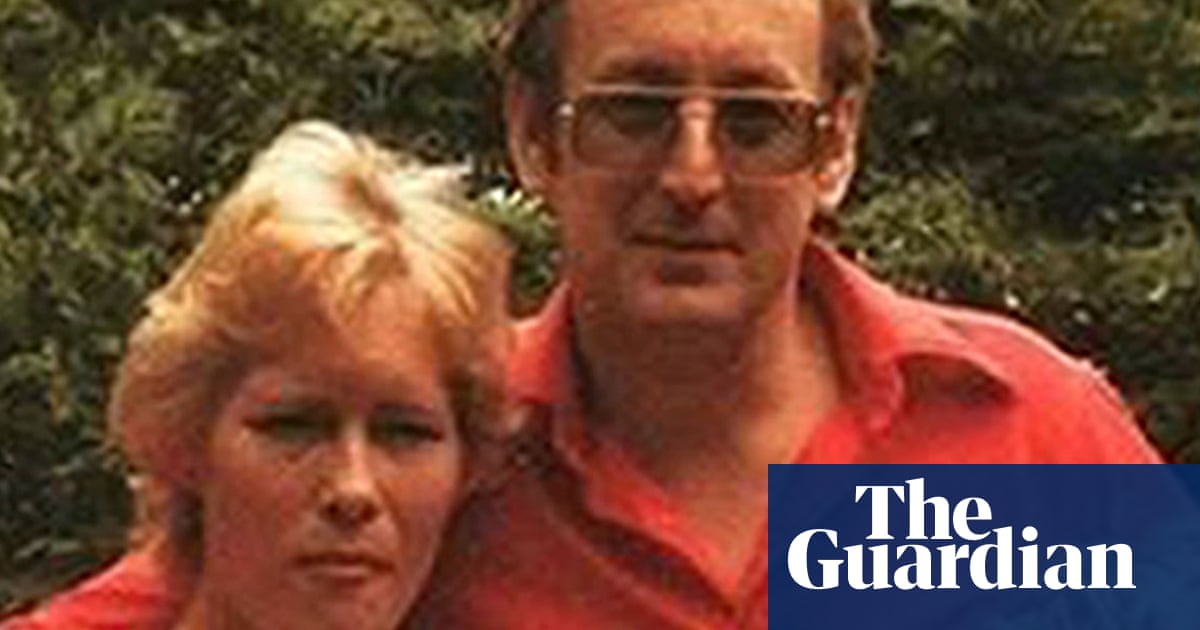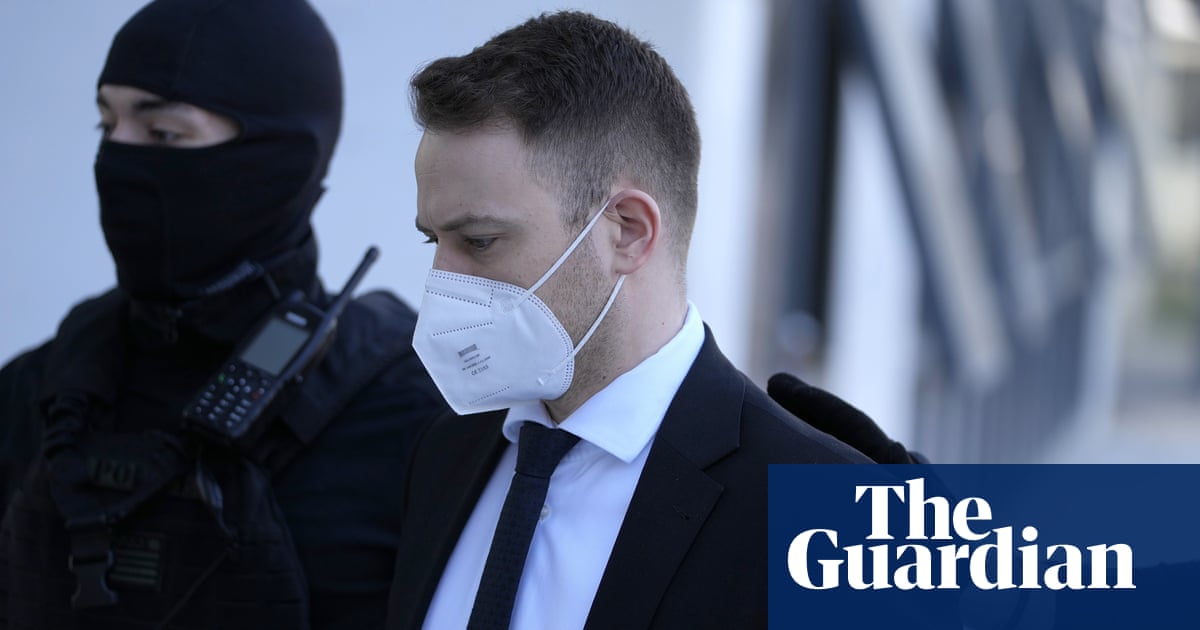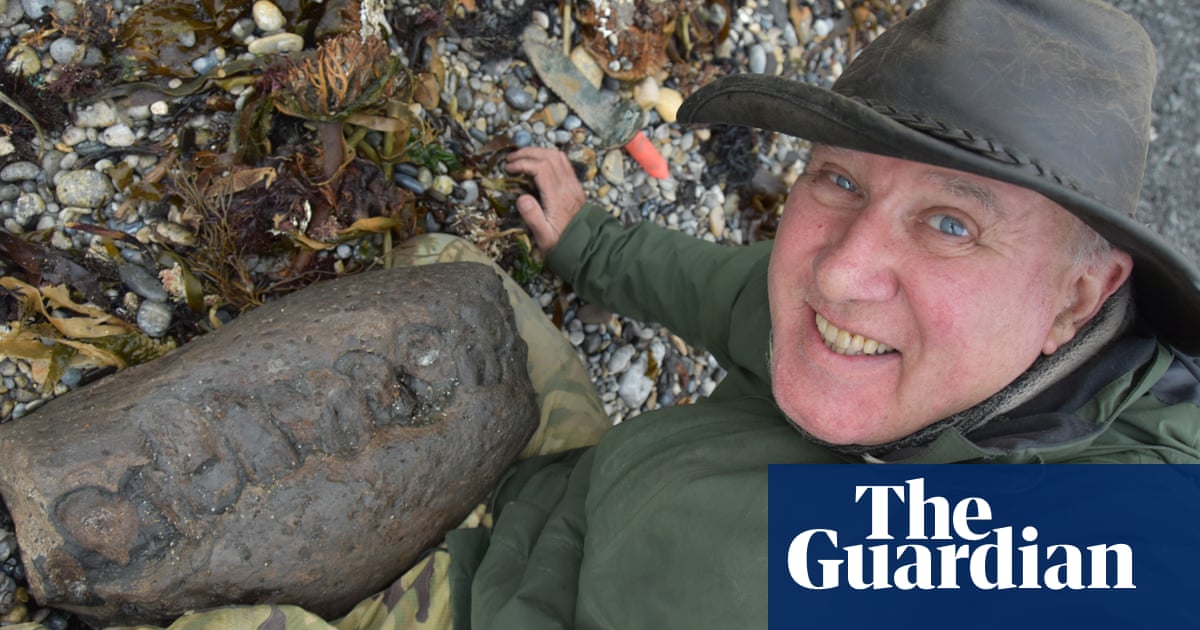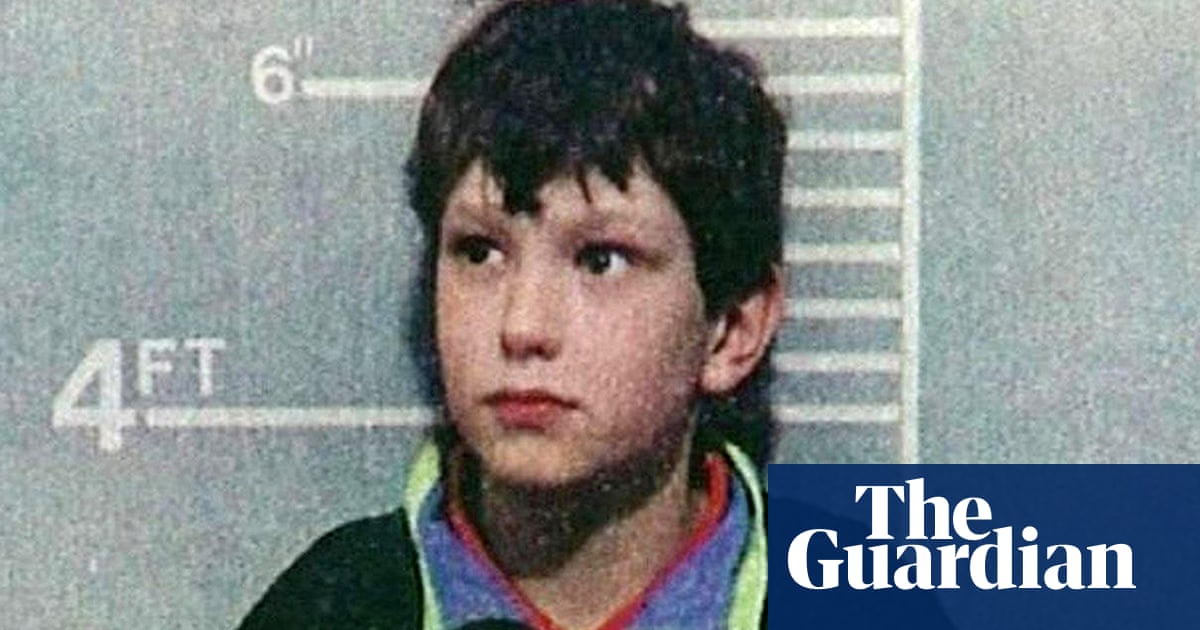
A man convicted of killing his wife, who faced the first public parole hearing in England and Wales, should be released from prison, a panel has decided.
Russell Causley was freed from prison in 2020 after serving more than 23 years for the murder in 1985 of Carole Packman but was returned to jail in November 2021 after breaching his licence conditions.
His recall hearing, at HMP Lewes, in East Sussex, on 12 December, assessing his application to be released, was the first to be held in public under rules introduced in July.
In a summary of its decision, published on Thursday, the three-person Parole Board panel noted that Causley was “a self-confessed liar who has given a series of accounts of the fate of his wife” and who now claimed he was innocent of murder.
It also said it was “not entirely convinced” about the explanation he gave for his breach of licence conditions on 26 November 2021, when he failed to return to the approved premises he was staying at in time for the curfew. However, it said Causley had made progress while in custody and there was no recent evidence of him posing a threat of violence.
It said: “The panel reviewed professional reports which identified a low risk of further offending and it was advised by the witnesses that Mr Causley would present a low risk of harm to the public, and that his level of risk could be managed by the proposed release plan.”
It continued: “The plan included a requirement to reside in designated accommodation as well as strict limitations on Mr Causley’s contacts, movements and activities. The panel concluded this plan was robust enough to manage Mr Causley in the community at this stage.”
The justice secretary, Dominic Raab, said he could ask the Parole Board to reconsider.
He said: “Russell Causley is a calculated killer who has callously prolonged the suffering of Carole Packman’s loved ones by refusing to reveal the whereabouts of her body. I am carefully looking at whether to ask the Parole Board to reconsider this decision.”
At December’s hearing, Causley claimed his lover at the time was responsible for the murder – a claim rejected by police – but that he had then burned Packman’s body.
The decision summary said legislation known as “Helen’s law”, which makes it harder for killers to be released if they refuse to reveal where they hid their victim’s body, did not apply in this case because Causley was a recalled prisoner.
Causley’s daughter with Packman, Sam Gillingham, was among those who watched the hearing via video link from the Parole Board offices in Canary Wharf, London. The panel said it carefully considered a statement by Gillingham “which clearly conveyed the impact of Mr Causley’s crime and the consequences of his offending”.
Following the Parole Board’s decision, Gillingham told the PA news agency that she was disappointed at the decision, and called the process a “tick-box exercise”, saying: “Of course he was going to get released. It is what it is and there’s nothing that I can do about it.”
But she said she still hoped to meet her father, after decades of asking to confront him about her mother’s disappearance.
The so-called reconsideration mechanism, introduced in July 2019, allows the justice secretary to challenge Parole Board decisions within 21 days if they believe them to be “procedurally unfair” or “irrational”. The minister can also submit applications on behalf of victims, their families and members of the public.
But Gillingham said: “There isn’t really anything that I can appeal on. They’ve heard that he’s a compulsive liar. Nothing can be believed. We still don’t know where my mother is.”
She described the law designed to make it harder for killers to get parole if they refuse to reveal where they hid their victim’s body as “a load of bollocks” and “not worth the paper it is written on”.
Powers to grant public hearings were brought in after the ultimately quashed decision to release the “black-cab rapist” John Worboys. Causley had opposed it in his case but it was determined to be of public interest.












